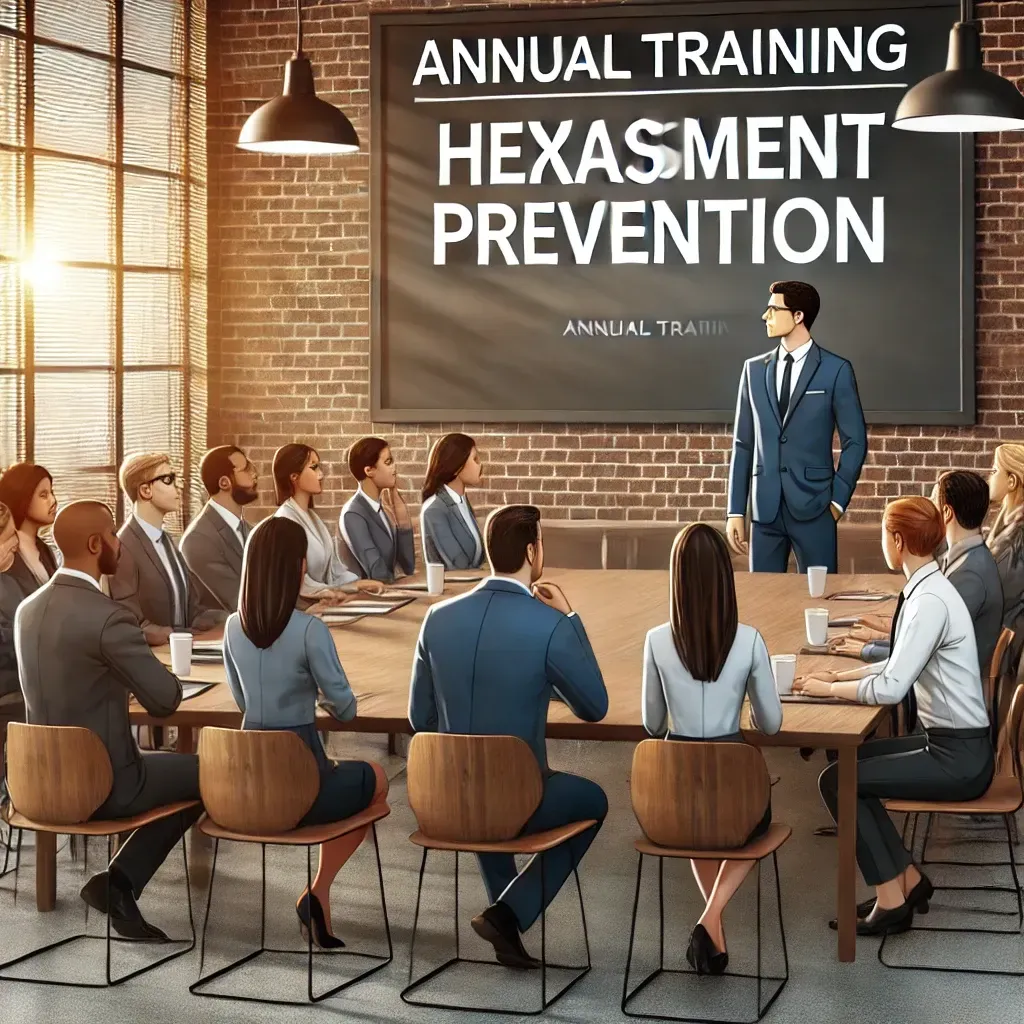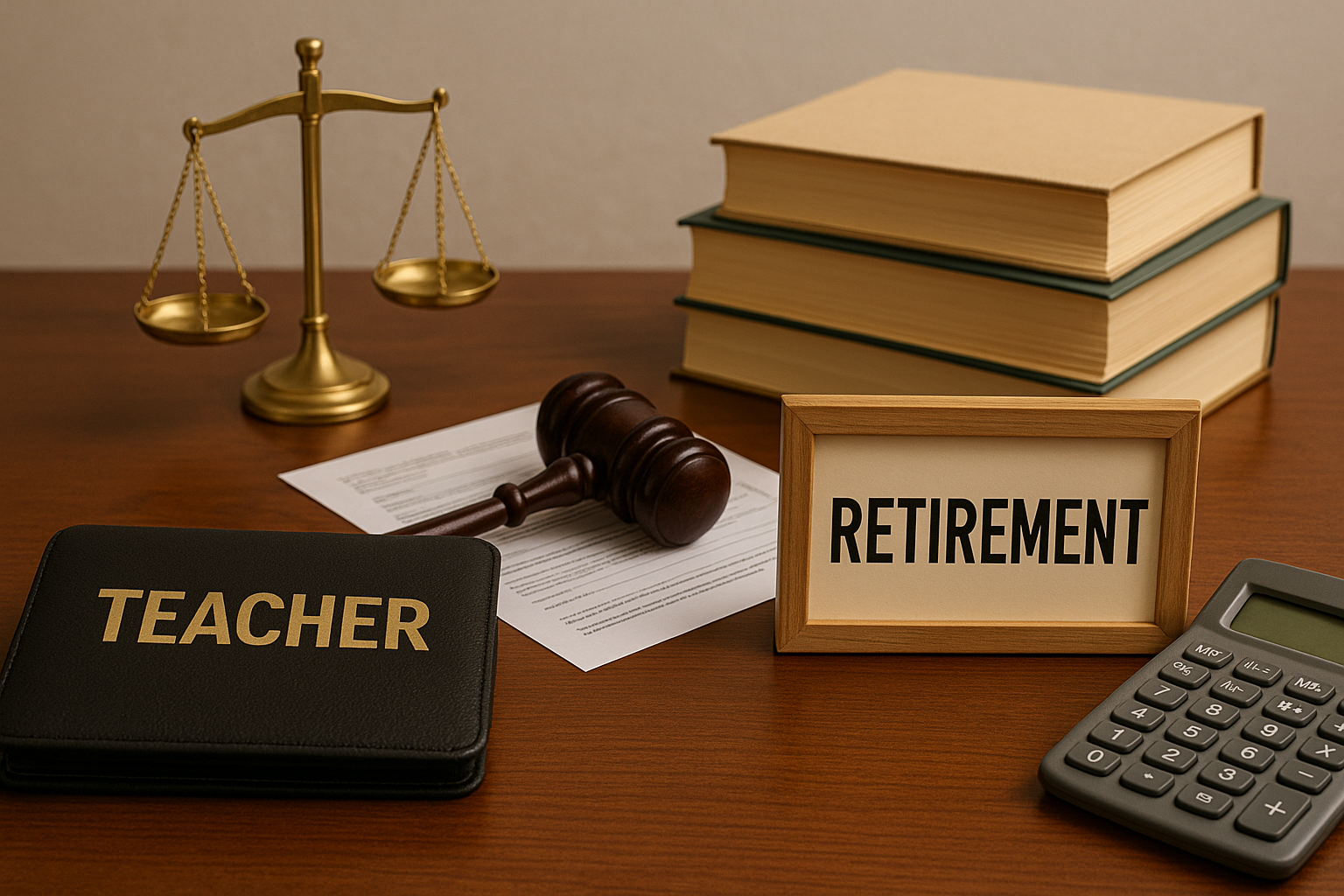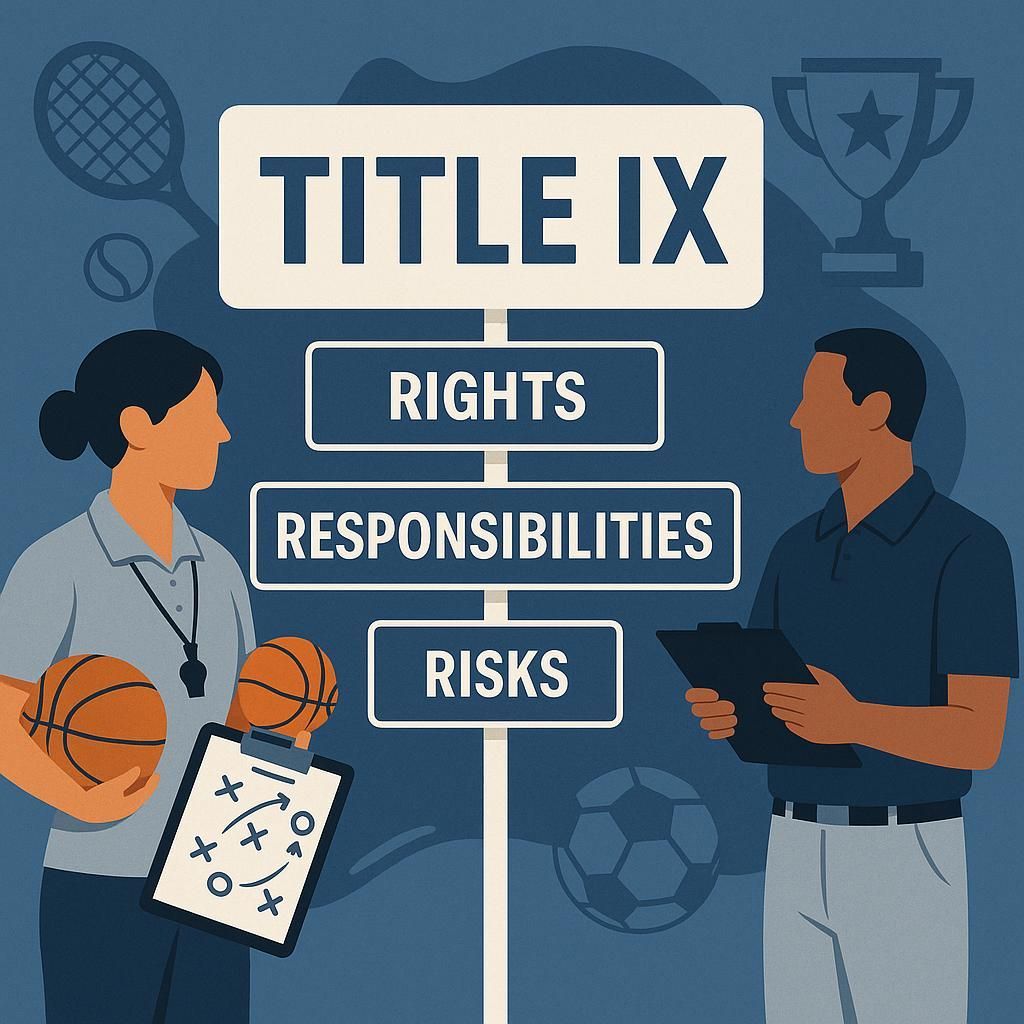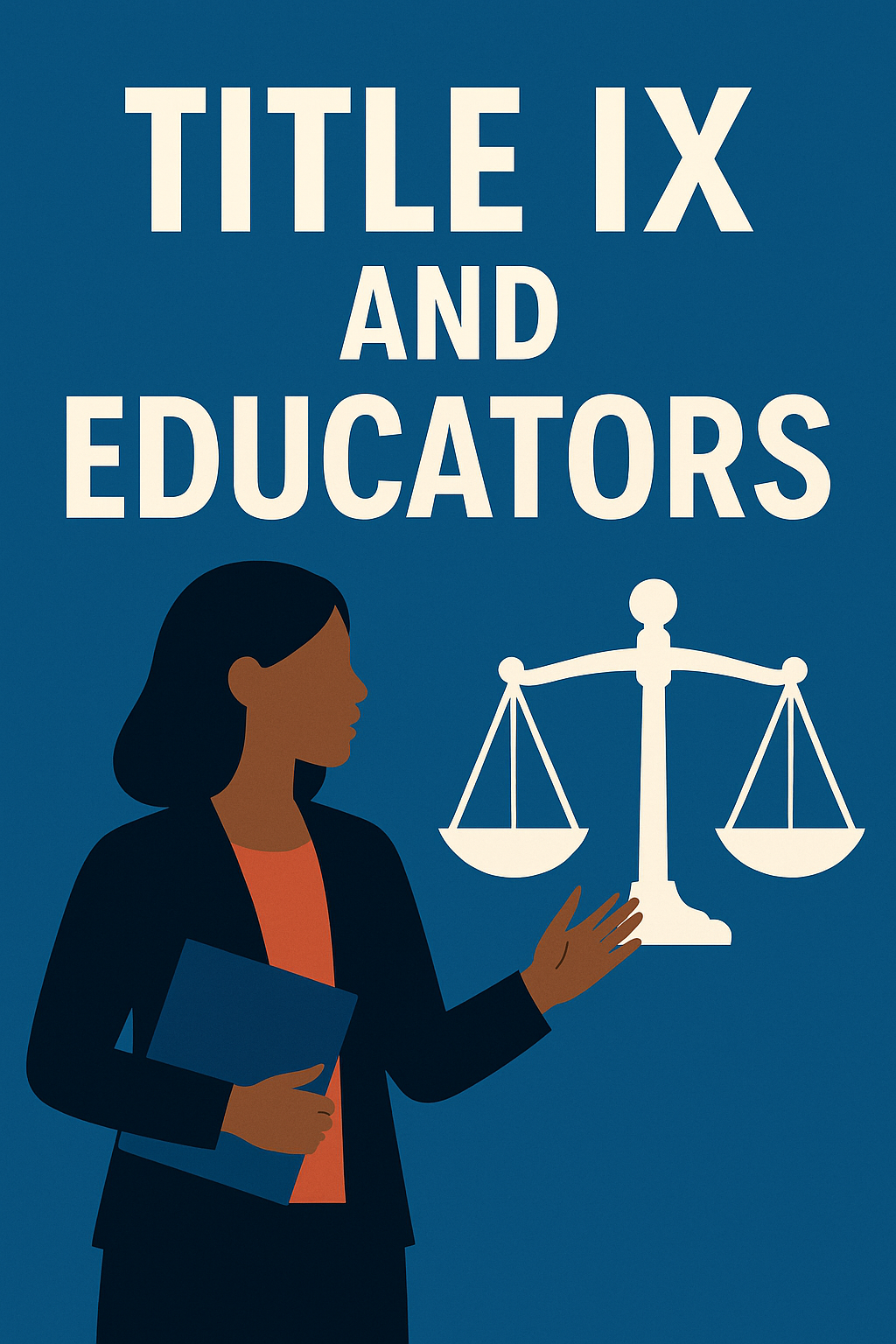Sexual Harassment Prevention Starts with Manager Accountability and Legal Guidance
Sexual harassment prevention begins long before a complaint is filed. For companies serious about workplace culture and legal compliance, the key lies in training leadership to understand their responsibilities. Manager accountability and legal guidance are at the heart of any successful harassment prevention strategy. At Masterly Legal Solutions, we equip employers with proactive legal tools and training solutions to protect both people and business interests.
Holding Managers Accountable: The First Line of Defense
Managers are not only role models but also legal gatekeepers in preventing harassment in the workplace. When leaders lack proper training, sexual harassment issues often go unchecked, escalating into costly investigations and lawsuits.
Businesses with three or more employees must understand that managers carry legal obligations. Failure to properly train supervisory employees leaves your company vulnerable under state and federal laws. Managerial accountability is the bridge between legal compliance and creating a respectful work environment.
Legal Requirements for Sexual Harassment Training
Sexual harassment training requirements differ across jurisdictions, but most laws agree on one thing: managers must be thoroughly trained. This training isn't a suggestion; it's a legal requirement in many states, including New York and California. Even where it's not mandated, it forms part of an employer's legal defense.
Sexual harassment prevention training for supervisory positions includes topics like:
- What constitutes sexual harassment
- The role of managers in addressing sexual harassment complaints
- Grievance procedures and appropriate sanctions
- Legal recourse for employees facing unlawful harassment
Providing this level of workplace harassment training ensures managers understand their responsibilities and the consequences of failure.
Sexual Harassment Training for Managers: A Business Imperative
Relying solely on HR to carry the burden of workplace harassment prevention is outdated and risky. Managers must be trained to take immediate, legally appropriate action. At Masterly Legal Solutions, our legal-led training helps supervisory employees:
- Recognize unlawful sexual harassment and other forms of harassment
- Respond according to established policies and procedures
- Document incidents with legal precision
- Coordinate with legal counsel during sensitive investigations
Providing sexual harassment training that’s led by legal professionals allows your team to respond proactively rather than reactively.
The Legal Risk of Inaction
Companies that fail to provide sexual harassment prevention training open the door to a variety of legal liabilities. The Equal Employment Opportunity Commission (EEOC) and state agencies have made it clear: training managers is a non-negotiable expectation.
Training programs for management teams serve as both preventive tools and affirmative defenses. Courts have consistently ruled that failure to train management may constitute negligence, especially in cases involving:
- Employment discrimination based on gender identity, sexual orientation, or national origin
- Repeated sexual harassment complaints from existing employees
- Lack of proper workplace harassment training protocols
Proper anti harassment training may reduce or even eliminate liability when paired with swift corrective measures.
How Legal Training Differs From Standard HR Training
Standard HR presentations often lack the depth and nuance of legal instruction. Legal training goes beyond acceptable behaviors and workplace etiquette. It incorporates harassment prevention strategies based on real case law, practical examples, and current enforcement trends from the Equal Employment Opportunity Commission.
By integrating federal laws like the Civil Rights Act with local law and new regulations in places like New York City, we provide harassment training tailored to your geographic and legal landscape. Our legal-led training for managers focuses on:
- Workplace harassment prevention training aligned with EEOC guidance
- Legal definitions of unlawful harassment and employment discrimination
- Appropriate documentation and reporting protocols
The Role of Online Training in Manager Compliance
While live training offers value, online training solutions help scale harassment prevention training to companies with remote teams or multiple locations. That said, not all online training is legally compliant.
At Masterly Legal Solutions, we develop online harassment training designed by attorneys—not generic vendors. These courses meet sexual harassment training requirements while incorporating local and federal legal standards. Our digital solutions are designed for:
- New employees who need immediate onboarding
- Annual training for all staff, including management
- Refresher courses for existing employees after incidents or policy updates
Addressing Sexual Harassment Complaints with Legal Oversight
When managers receive sexual harassment complaints, their actions—or inaction—can determine the legal outcome. Mishandled investigations can make the company appear negligent or retaliatory, both of which violate equal employment opportunity standards.
Legal oversight ensures your team follows lawful protocols. This includes collecting evidence, applying corrective measures, and ensuring retaliation doesn’t occur. Our team guides clients through each stage of addressing workplace harassment in a way that protects the business and honors employee rights.

What Constitutes Sexual Harassment in Today’s Workplace?
Requests for sexual favors, unwanted sexual approaches, and other sexually suggestive verbal or physical behavior are all considered forms of sexual harassment. However the law also considers non-physical behaviors that create a hostile or offensive work environment.
Managers must be trained to identify subtle or indirect behavior that may still violate harassment laws. Examples include:
- Repeated inappropriate jokes or comments
- Sharing sexually explicit materials at work
- Offensive gestures or body language
- Ignoring sexual harassment complaints or retaliating against the complainant
Understanding what constitutes sexual harassment is vital for any supervisor or business owner.
The Importance of Customizable Training Programs
No two workplaces are exactly alike, and your sexual harassment prevention policy should reflect your unique culture, size, and risk exposure. Whether you have five or more employees or operate across multiple states, we help develop customized training programs that align with your structure.
Tailored workplace harassment training allows your leadership team to:
- Understand relevant federal and state harassment laws
- Learn through industry-specific case studies
- Practice applying policies through hypothetical scenarios
A Legal Partner in Harassment Prevention Training
Our labor and employment team includes a nationally certified ATIXA Level II Civil Rights Investigator. With experience from top-ranked national law firms, we bring strategic insight and legal authority to your harassment prevention program.
We provide sexual harassment training designed to:
- Educate managers on legal compliance and risk mitigation
- Prevent harassment through consistent accountability
- Reinforce anti harassment training through annual refreshers
From day-to-day prevention to crisis management, our firm is prepared to guide your leadership through each step of harassment prevention.
Incorporating Harassment Training into Company Culture
Training for all employees—especially those in supervisory positions—must go beyond compliance checkboxes. To truly eliminate sexual harassment, your workplace culture needs to reflect the values promoted in your training materials.
Managers play a key role in:
- Reinforcing acceptable behaviors across departments
- Supporting inclusion training efforts company-wide
- Preventing harassment through consistent enforcement of policies
Ongoing compliance training helps shift the workplace dynamic from reactive to proactive.

Supporting Long-Term Change Through Annual Training
Sexual harassment prevention isn’t a one-time investment. State and federal guidelines often require annual training for management and staff. Our firm develops annual programs with evolving legal updates and new workplace challenges.
We help your team stay ahead of compliance issues by:
- Monitoring new court rulings and EEOC guidelines
- Updating harassment prevention training annually
- Educating employees on changes in what constitutes sexual harassment
Training continuity protects your business from becoming legally outdated or culturally unresponsive.
Creating an Environment Where Employees Feel Safe
Managers who undergo proper harassment training foster safer, more inclusive workplaces. When leadership is equipped to respond effectively, employees are more likely to report misconduct early, giving the company a chance to act before damage escalates.
A respectful work environment benefits everyone—from entry-level staff to executive leadership—and reduces turnover, workplace conflicts, and legal claims.
Protecting Your Business from Reputational Harm
The consequences of sexual harassment go far beyond legal costs. Companies that mishandle complaints often suffer public backlash, employee loss, and long-term reputational damage.
By investing in workplace harassment prevention training led by legal professionals, you demonstrate a real commitment to employee safety and corporate responsibility.
Next Steps for Employers Ready to Act
Whether you have one or more employees or manage multiple locations across New York, Texas, or beyond, we offer scalable legal training solutions. Masterly Legal Solutions will help you:
- Provide training that meets all legal standards
- Implement a compliant sexual harassment prevention policy
- Train managers to respond lawfully and respectfully
Don't leave your company exposed to preventable legal risks.

Sexual Harassment Prevention Starts with Manager Accountability and Legal Guidance
A truly safe and respectful work environment starts with holding managers accountable while providing clear legal guidance and ongoing training. Leadership must understand that employer responsibilities include not only responding to complaints but also proactively implementing strong sexual harassment policies that clearly outline what includes sexual harassment, illegal harassment, and unlawful discrimination. Providing workplace violence training and conflict resolution workshops can reinforce key concepts necessary to prevent sexual harassment and prevent discrimination across all levels of the workforce—including non supervisory employees.
As highlighted by the New Jersey Supreme Court, failing to provide such training can lead to liability, especially when employers neglect the legal prohibition against harassment based on gender, gender identity, or gender expression. The Select Task Force on the Study of Harassment in the Workplace encourages developing methods that go beyond compliance, fostering cultures that openly express strong disapproval of harassing behaviors.
Workplace Harassment Prevention Training Begins with Strong Leadership and Clear Legal Standards
Effective workplace harassment prevention training requires more than checking a compliance box—it demands active leadership, a culture of accountability, and legally sound practices. Managers play a crucial role in identifying and addressing unlawful harassment, ensuring that sexual harassment training and broader harassment prevention training are not only provided but also taken seriously.
Tailored sexual harassment prevention training helps reinforce an organization’s sexual harassment policy, clarifying what behaviors constitute unlawful harassment and emphasizing the importance of respect in professional interactions. By implementing thorough workplace harassment training programs that meet or exceed sexual harassment training requirements, employers empower both supervisors and staff to recognize, report, and respond to all forms of workplace harassment, including sexual harassment. When paired with legal insight and ongoing education, these programs serve as a powerful defense against liability and foster a more inclusive, respectful workplace.
Integrating Sexual Harassment Prevention into Comprehensive Harassment Training Programs
To effectively address workplace misconduct, employers must prioritize sexual harassment prevention as a core component of their broader harassment training initiatives. High-quality online training has become a preferred method for delivering consistent, accessible education across all levels of an organization, making it easier to engage remote teams and meet compliance standards.
These virtual modules allow employees to learn at their own pace while reinforcing critical concepts related to sexual harassment prevention, reporting procedures, and respectful workplace behavior. Embedding this training into a company’s culture sends a clear message that harassment of any kind will not be tolerated. As regulations evolve, offering updated harassment training that includes interactive online training options helps businesses stay compliant and maintain a safer, more inclusive work environment for everyone.

Harassment Prevention Efforts Must Aim to Eliminate Sexual Harassment at the Source
To create a truly respectful workplace, companies must make harassment prevention a strategic priority rather than a reactive measure. The goal is not just to respond to incidents but to eliminate sexual harassment before it starts. Achieving this requires more than policy—it demands consistent implementation of such training programs that are interactive, up-to-date, and legally compliant. These initiatives should clearly define inappropriate behaviors, explain the reporting process, and empower employees to speak up without fear of retaliation. When employers embed harassment prevention into the organizational culture, they reduce risk, boost morale, and promote a safer environment for all team members.
Meeting Sexual Harassment Training Requirements Through Comprehensive Workplace Harassment Programs
To comply with evolving sexual harassment training requirements and foster a respectful workplace, organizations must implement structured, ongoing sexual harassment prevention training. These programs should go beyond compliance, incorporating real-world scenarios and state-specific laws to address unlawful harassment and clarify boundaries. Comprehensive harassment prevention training and workplace harassment training equip employees and leadership with the knowledge to identify, report, and prevent all forms of sexual harassment and workplace harassment.
Effective sexual harassment training includes interactive modules, clear definitions, and reporting procedures that align with both federal and state guidelines. When employers invest in well-rounded training that meets legal standards and encourages accountability, they not only fulfill mandatory sexual harassment training requirements but also build a culture grounded in respect and safety. Proactive education is one of the strongest tools available to combat unlawful harassment and support long-term workplace wellness.
Creating a Culture of Respect Through Sexual Harassment Training and Prevention
Building a safe and inclusive workplace starts with a strong foundation of sexual harassment training and proactive policies that address workplace harassment at every level. When companies invest in ongoing sexual harassment prevention training, they demonstrate a clear commitment to protecting employees and fostering a respectful culture. These programs are not just about meeting legal obligations—they are about empowering individuals to recognize and prevent sexual harassment before it escalates.
Effective training should be engaging, up-to-date, and tailored to the realities of your workforce. By incorporating interactive scenarios, clear reporting procedures, and guidelines for respectful conduct, sexual harassment training becomes more than a requirement—it becomes a catalyst for change. When workplace harassment is addressed through consistent education and strong leadership, organizations see fewer incidents, improved morale, and stronger teams.
Understanding the Civil Rights Act’s Role in Preventing Workplace Harassment Based on National Origin
The Civil Rights Act of 1964, particularly Title VII, plays a critical role in protecting employees from workplace harassment and discrimination based on race, color, religion, sex, and national origin. Employers have a legal responsibility to ensure that their sexual harassment prevention training and overall harassment policies align with the standards set forth by this landmark legislation. This includes addressing harassment that may be rooted in cultural stereotypes or biased behavior toward someone’s national origin, which can intersect with issues of sexual harassment or other forms of unlawful harassment.
Training programs that highlight protections under the Civil Rights Act not only help prevent discriminatory conduct but also educate employees and supervisors on their rights and responsibilities. By weaving these federal protections into every aspect of workplace harassment and harassment prevention training, companies can reduce liability, support diversity, and promote fairness in the workplace.
Equal Employment Opportunity Principles Strengthen Harassment Prevention Efforts
A strong commitment to equal employment opportunity (EEO) is foundational to any effective workplace harassment and sexual harassment prevention training program. EEO principles ensure that all employees are treated fairly—regardless of race, gender, national origin, or other protected characteristics—and play a critical role in shaping respectful workplace policies. Integrating EEO standards into sexual harassment training emphasizes the importance of equity, accountability, and a discrimination-free environment.
When employers align their policies with equal employment opportunity laws and reinforce them through ongoing harassment prevention training, they not only meet legal obligations but also create safer, more inclusive workplaces. This alignment helps prevent unlawful harassment, fosters a culture of mutual respect, and empowers employees to speak up when they experience or witness inappropriate behavior.
Expanding Compliance Training to Include Sexual Orientation and Harassment Awareness
Modern compliance training must go beyond traditional legal checklists to fully address today’s diverse workforce. That includes incorporating content on sexual orientation, ensuring employees understand that harassment or discrimination based on who someone loves is just as serious—and unlawful—as other forms of workplace harassment or sexual harassment. Employers who fail to include sexual orientation in their sexual harassment prevention training and harassment prevention training risk not only damaging workplace culture but also facing potential legal consequences.
By integrating inclusive topics into compliance training, businesses reinforce their commitment to respect, equity, and accountability. This holistic approach helps create a safer, more welcoming environment for everyone, and it ensures that all employees, regardless of background, are protected and empowered to speak up when something isn’t right.
Providing Training to New Employees Is Essential for Harassment Prevention Compliance
Employers must provide training to new employees as part of a broader effort to prevent workplace harassment and foster a culture of accountability. Whether a company has one or more employees, legal obligations often require that all staff receive sexual harassment prevention training shortly after hire. Early and thorough education ensures that new employees understand workplace expectations, reporting procedures, and their rights under laws prohibiting unlawful harassment and discrimination.
Training should be inclusive and tailored to reflect the company’s values and applicable legal standards. When businesses provide training proactively—rather than reactively—they help prevent issues before they arise and show that harassment in any form will not be tolerated.
Why Training for All Employees Is a Critical Step in Harassment Prevention
Implementing training for all employees is one of the most effective ways to build a workplace culture rooted in respect, accountability, and legal compliance. From executives to entry-level staff, everyone must understand the policies, expectations, and consequences related to sexual harassment, unlawful harassment, and workplace harassment. Inclusive sexual harassment prevention training and harassment prevention training ensure that no one is left uninformed—especially in organizations with one or more employees.
By making training for all employees a standard practice, companies send a clear message: harassment and discrimination will not be tolerated, and every employee has a role in maintaining a safe and inclusive environment. This proactive approach not only meets legal obligations but also strengthens trust and communication across teams.
Speak with an Attorney Today
At Masterly Legal Solutions, we believe harassment prevention begins with leadership. Our legal team is here to guide your managers with customized training and compliance solutions that protect your workforce and bottom line.
If you have questions about sexual harassment training for managers or need to launch a legally sound training program, contact us for a free consultation. We’ll evaluate your needs, identify compliance gaps, and help build a culture of accountability from the top down.
Call us at (972) 236-5051 to speak with a labor and employment attorney who can guide you through your options.
This article is for educational purposes only and does not constitute legal advice. Please consult with an attorney for legal guidance specific to your situation.

Looking for Legal & Business Solutions? Contact Us Now
Fill in the form or call us to set up a meeting













